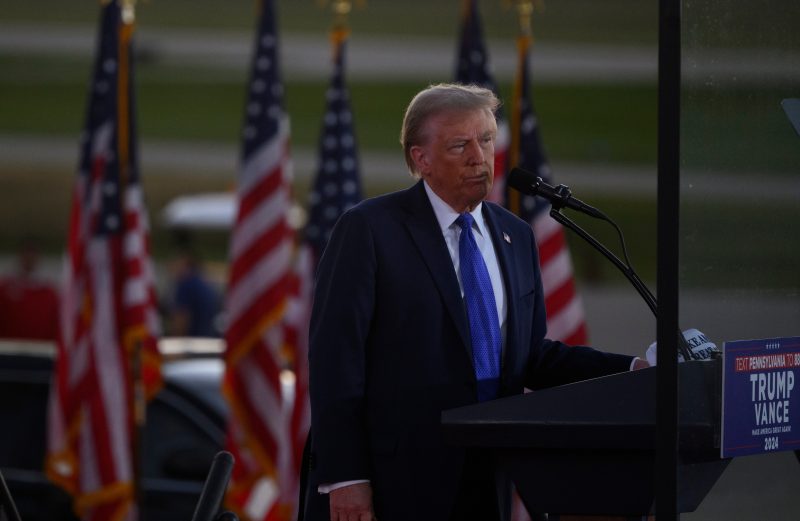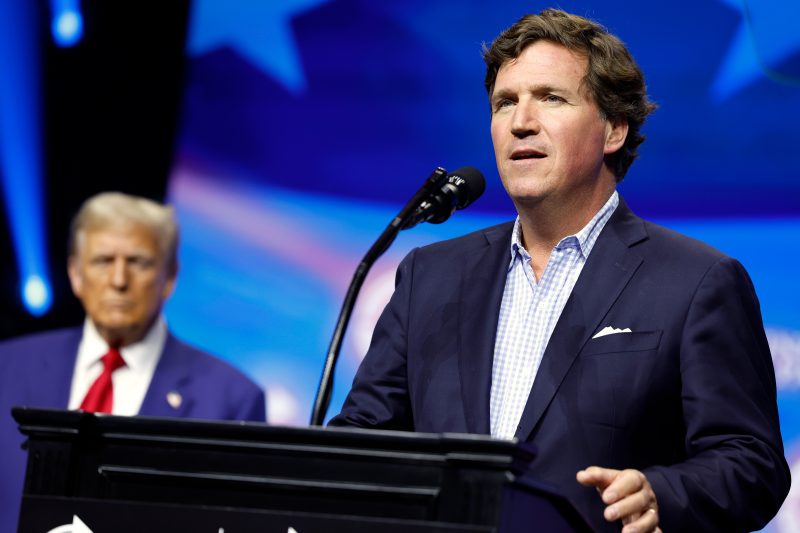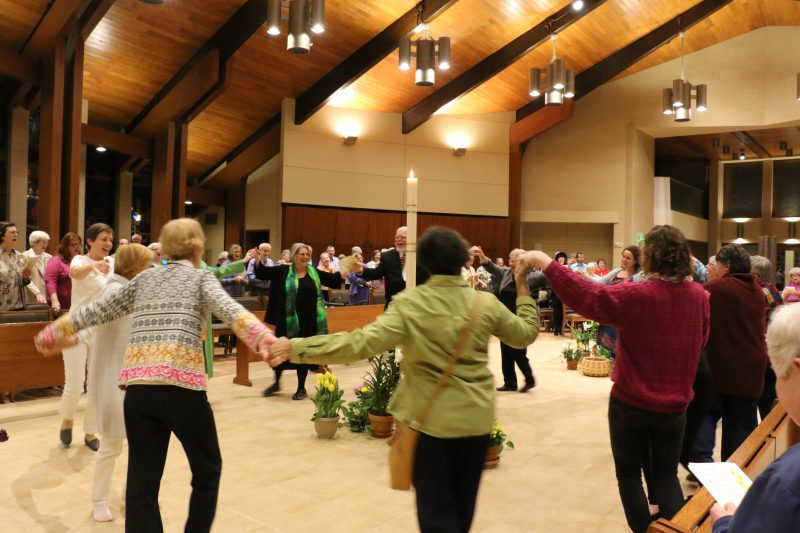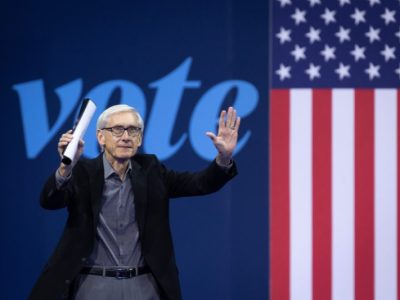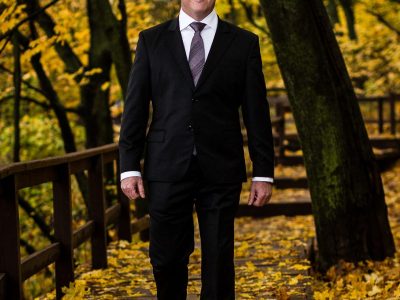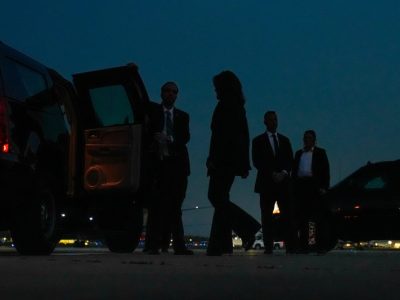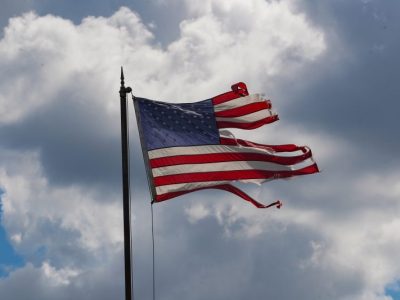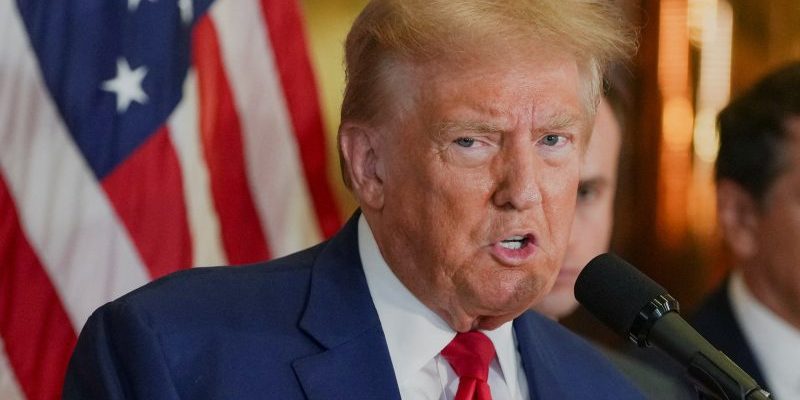
NEW YORK — A judge on Friday delayed Donald Trump’s hush money sentencing until after the November election, which means voters will cast ballots without knowing whether the Republican nominee could face jail time for his conviction on 34 counts of falsifying business records.
Prosecutors did not object to a request from Trump’s attorneys to delay the sentencing, which had been scheduled for Sept. 18.
New York Supreme Court Justice Juan Merchan changed the date to Nov. 26, noting the extraordinary nature and timing of the first-ever sentencing of a former U.S. president — a defendant who, in this case, in again running for the highest office in the land.
“This matter is one that stands alone, in a unique place in this Nation’s history, and this Court has presided over it since its inception — from arraignment to jury verdict and a plenitude of motions and other matters in-between,” Merchan wrote.
He called sentencing “one of the most critical and difficult decisions a trial court judge faces — the sentencing of a defendant found guilty of crimes by a unanimous jury of his peers.”
As a result of the date change, Trump will probably face that moment either as a just-defeated candidate or as president-elect.
Trump was found guilty in May of trying to cover up the nature of a $130,000 payment to adult film star Stormy Daniels, which was made weeks before the 2016 election to keep her quiet about an alleged sexual encounter with Trump a decade earlier. A Manhattan jury found that Trump broke the law when he schemed to misclassify his reimbursements for the payment as routine legal fees in an effort to hide the information from the public.
Trump faces up to four years in prison, but as a first-time offender he could receive a sentence that does not involve incarceration.
He is seeking to toss the guilty verdict altogether, based in part on a July 1 Supreme Court decision giving presidents broad protection for conduct carried out while in office.
The case is one of four criminal indictments brought against Trump as he makes his third run for the White House. His legal strategy in all four cases has been to try every possible way to delay the trials until after the presidential election. He has succeeded in postponing the other cases through a variety of appeals; only the New York case has gone to trial, and the others will be delayed at least into 2025, if they happen at all.
While the Supreme Court immunity ruling stemmed from defense claims in Trump’s federal election obstruction case in D.C., his lawyers were quick to argue that it also applied to his case in New York state court. They said the decision meant some evidence should have been excluded from the trial and from the grand jury presentation.
Trump’s legal team has said it will also appeal the conviction on more traditional grounds, calling the verdict the result of flawed testimony from a chronic liar recruited by an overly zealous prosecutor. There is generally a high bar for overturning any jury’s findings.
In agreeing to delay the sentencing, Merchan underscored the importance of adhering to the jury’s verdict as proscribed by law, but also said Trump has legal rights that tipped the scale in favor of a delay.
“The members of this jury served diligently on this case, and their verdict must be respected and addressed in a manner that is not diluted by the enormity of the upcoming presidential election,” the judge wrote. “Likewise, if one is necessary, the Defendant has the right to a sentencing hearing that respects and protects his constitutional rights.”
This is a developing story. It will be updated.


